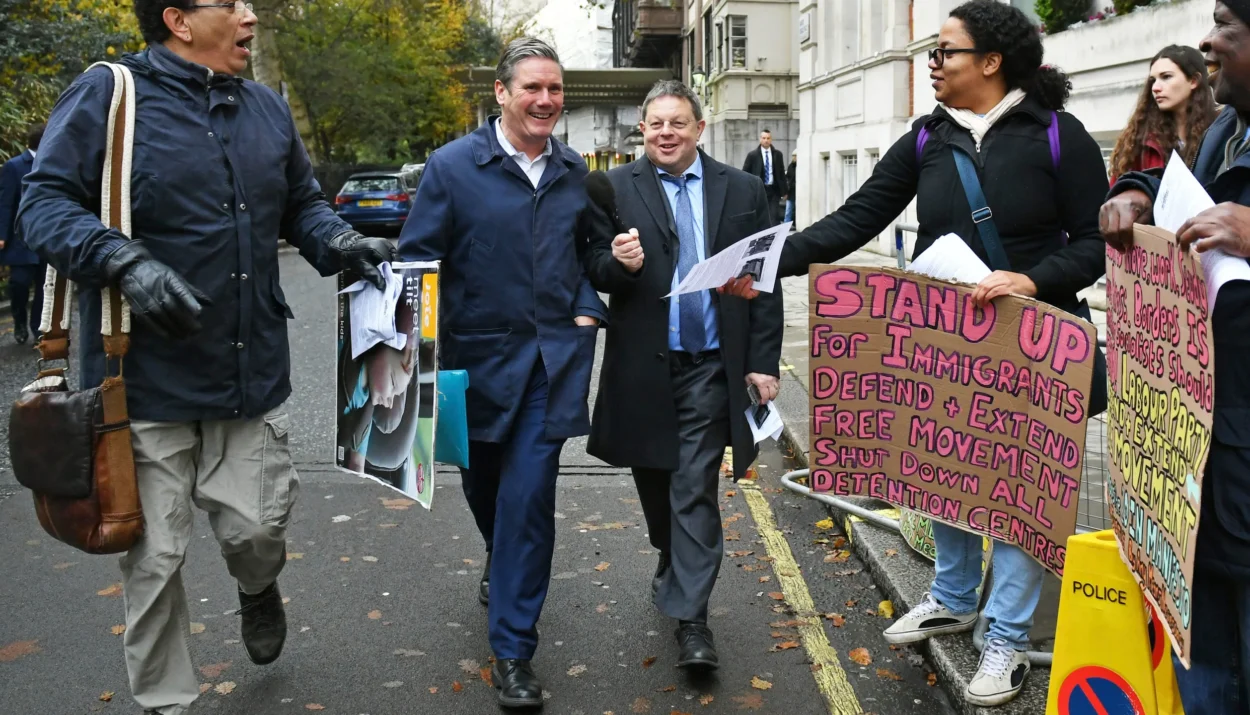Labour plans to return to power by partnering with BlackRock to rebuild Britain’s crumbling infrastructure without increasing taxes or imposing austerity. The strategy involves leveraging private investment by offering public subsidies, aiming to mobilize £3 of private capital for every £1 of public funds.
BlackRock, led by chair Larry Fink, advocates public-private partnerships for infrastructure, climate, and development, arguing that public debt limits state investment. Instead, asset managers like BlackRock, managing $10 trillion, can provide the necessary funds if the state de-risks investments to ensure steady returns.
However, critics warn this approach privatizes essential services like housing, education, and health, using taxpayer money to benefit private investors. BlackRock’s recent acquisition of Global Infrastructure Partners highlights its aggressive expansion into owning infrastructure assets directly.
Labour’s strategy raises concerns about public subsidies for privatized infrastructure and the broader impact on state capacity and public ownership. Critics argue for a radical transformation towards a big green state, emphasizing public ownership and breaking down neoliberal economic policies to effectively address climate change and social inequality.










